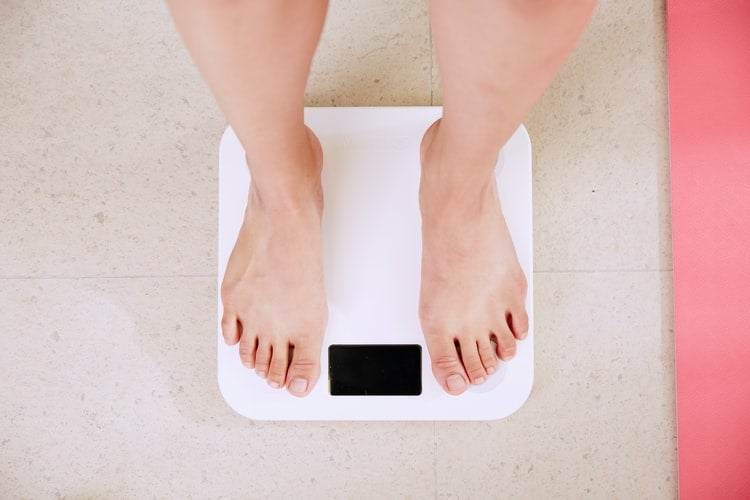Every first-year student in college has heard those dreaded words, probably before they ever even stepped foot on their college campus. The one thing everyone desperately wants to avoid when they start at a university, considered by some to be the worst possible outcome for a student just beginning their college journey — just three words, whispered in dorms and dining halls like a curse or a premonition: the freshman 15.
The freshman 15 is an expression used to refer to the weight that students supposedly gain during their first year of college, suggesting that most people gain 15 pounds during their freshman year. The term is often extended to apply to any weight students gain throughout their time in college, most often used in a derogatory way to call attention to what is perceived as a negative weight gain. There are countless articles out there preaching strategies for avoiding this freshman 15 or dropping the pounds you might have gained while living your life at college. But I’m here to explain why actually, you shouldn’t care about the freshman 15 because weight gain in college is normal and healthy.
Going to college is one of the biggest life transitions that many people experience, and typically leads to a complete change in routine. Access to new foods, increased stress levels, and other changes in someone’s daily lifestyle are all often likely to occur, especially during the first year of school. It makes complete sense that the stress and activity due to a new lifestyle might (keyword: MIGHT) lead to a little bit of weight gain. But this shouldn’t be viewed as a bad thing or something to be embarrassed about.
Women often feel the most shame and fear around the freshman 15, likely due to diet culture and the enormous societal pressure placed on women to maintain their “ideal” body. But we shouldn’t expect ourselves to stay the same weight we were in high school as we develop into adults. Think about it. Why should someone in their twenties fit into the same jeans size they wore as a teenager or as a literal child?
Some of the lists out there claiming to help prevent the freshman 15 encourage students to walk everywhere, avoid late-night snack runs, and take junk food out of their dorm room to avoid temptations. But there’s nothing wrong with taking the bus when you’re too tired to walk a mile to class, going to McDonald’s at 1 a.m. with new friends, or snacking on some Oreos after a long day of studying. Living your life is more important than caring about a few extra pounds that you may or may not even gain.
If late nights spent with friends, the opportunity to try new foods, and making memories while partying lead to a couple extra pounds, I think we should consider that as worth it. Losing weight isn’t more important than making the most of your college experience and creating unforgettable nights for yourself. There’s way too much emphasis in college placed on stressing about your body and your appearance when you really should be concerned with enjoying such a transformational time in your life.
Of course, this isn’t to say that you shouldn’t care about creating healthy habits in college. It’s crucial to take care of yourself by getting enough sleep, making time for physical activity, and eating a varied diet. But these behaviors should come out of a desire to take care of your physical and mental health, not a desire to lose weight.
There is so much stress surrounding the fear of gaining the freshman 15 when all of that mental energy could be channeled into actually having fun and taking advantage of all the amazing new opportunities offered during your freshman year. Gaining weight in college is normal and happens to almost everyone; it’s not worth guilting yourself over when you could be actually living in the moment.
If you or someone you know has an eating disorder and needs help, call the National Eating Disorders Association helpline at 1-800-931-2237, text 741741, or chat online with a Helpline volunteer here.




